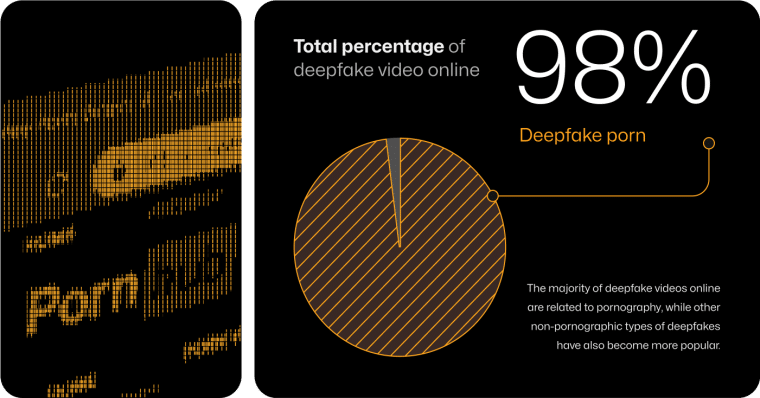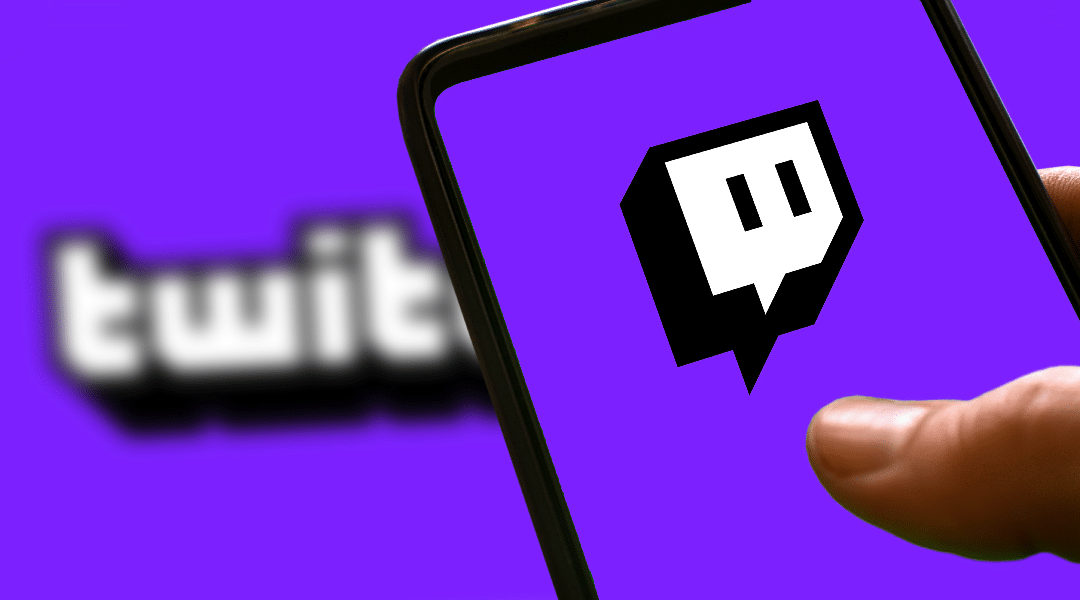Twitch, the top streaming platform, has reversed its decision to relax its policy on sexual content following a surge of AI-generated nudity and a wave of backlash from its community.
Twitch announced changes to its Sexual Content Policy last Wednesday, aiming to make the rules clearer and more enforceable. The update was particularly focused on fictionalized nudity, responding to long-standing feedback from artists who felt restricted by the previous policies. Twitch’s intention was to give artists more freedom in their work. However, this led to an influx of digitally created nude images.
Digital depictions of nudity present a unique challenge–AI can be used to create realistic images, and it can be hard to distinguish between digital art and photography.
Sexual Content Policy Update
Last week, Twitch, an Amazon subsidiary, had updated its sexual content policy to allow certain previously prohibited materials, including:
- prominently displayed breasts, buttocks, or pelvic regions,
- fictional (drawn, animated, or sculpted) nudity involving female-presenting breasts, and genitals or buttocks of any gender,
- body writing on female-presenting breasts and buttocks, regardless of gender,
- erotic dances, including striptease or disrobing gestures.
The change required adding labels to certain streams, so viewers have to give consent before watching.
Backlash Forces Twitch’s Hand
Even some of the most popular Twitch streamers complained about the changes, (correctly) expecting that the policy would lead to a wave of sexual content.
Charlie White, better known as Critikal or Penguinz0, one of the largest Twitch streamers, blasted the change for its shortsightedness and how sudden it was in a recent YouTube video.
Much of the Twitch community agreed with White and his peers and led a huge wave of criticism on Twitter and other social media sites to push Twitch to back out.
Ultimately, this led to Twitch retracting the artistic nudity changes.
Moving forward, depictions of real or fictional nudity won’t be allowed on Twitch, regardless of the medium. This restriction does not apply to Mature-rated games.
Twitch acknowledges that it didn’t foresee the consequences of their initial policy update and emphasizes their commitment to adjusting policies to better serve the community. It apologized for any confusion caused by these changes.
The platform is well known for coming out with sudden, odd rule-changes and then rolling them back as soon as the community lashes out and criticizes the move.
Twitch recently tried to roll out massive changes to endorsement and advertising rules that would drastically reduce the income of top streamers before rolling them back days later.
The Bigger Picture
Twitch’s decision reflects a broader general issue with advanced AI technologies, like deepfakes. The technology, which uses AI to swap faces in videos, has been misused to create pornographic content without consent, affecting 98% of all deepfake videos.

Furthermore, the tools to make deepfakes have become easier to use, so now more people can make these videos without needing a lot of technical knowledge. The survey by Home Heroes reveals that there are approximately 42 easy-to-use tools for making deepfakes, with these tools being searched for online about 10 million times every month.
This issue has grown so concerning that countries like the U.S. and India are introducing new laws to penalize people who make and share these videos. The U.S. introduced the AI Labeling Act of 2023, requiring clear labels on AI-made content. India is taking steps to punish both the creators and the platforms that share deepfakes.
Twitch’s move to take back its policy on artistic nudity is in line with these global concerns about digital content and getting permission. The platform is dealing with how hard it is to tell the difference between true artistic work and content that could be harmful or made without consent, a challenge made tougher by AI.
